The global Artificial Intelligence (AI) market is expected to reach a staggering $1.58 trillion by 2030. It is a massive push from $65.4 billion as of 2020. In turn, the global intelligent virtual assistant market was worth $5.8 billion in 2021. However, from 2021 to 2028, it will experience a 28% annual growth.
These factors show two key insights. The first one is that AI will soon be everywhere, and businesses won't be able to avoid it. The second one is that an AI-based voice agent, like vTalk.ai - the tool we develop, will be the instrument benefiting everyone who knows how to use it.
Automation customer service - the power of AI voice agent
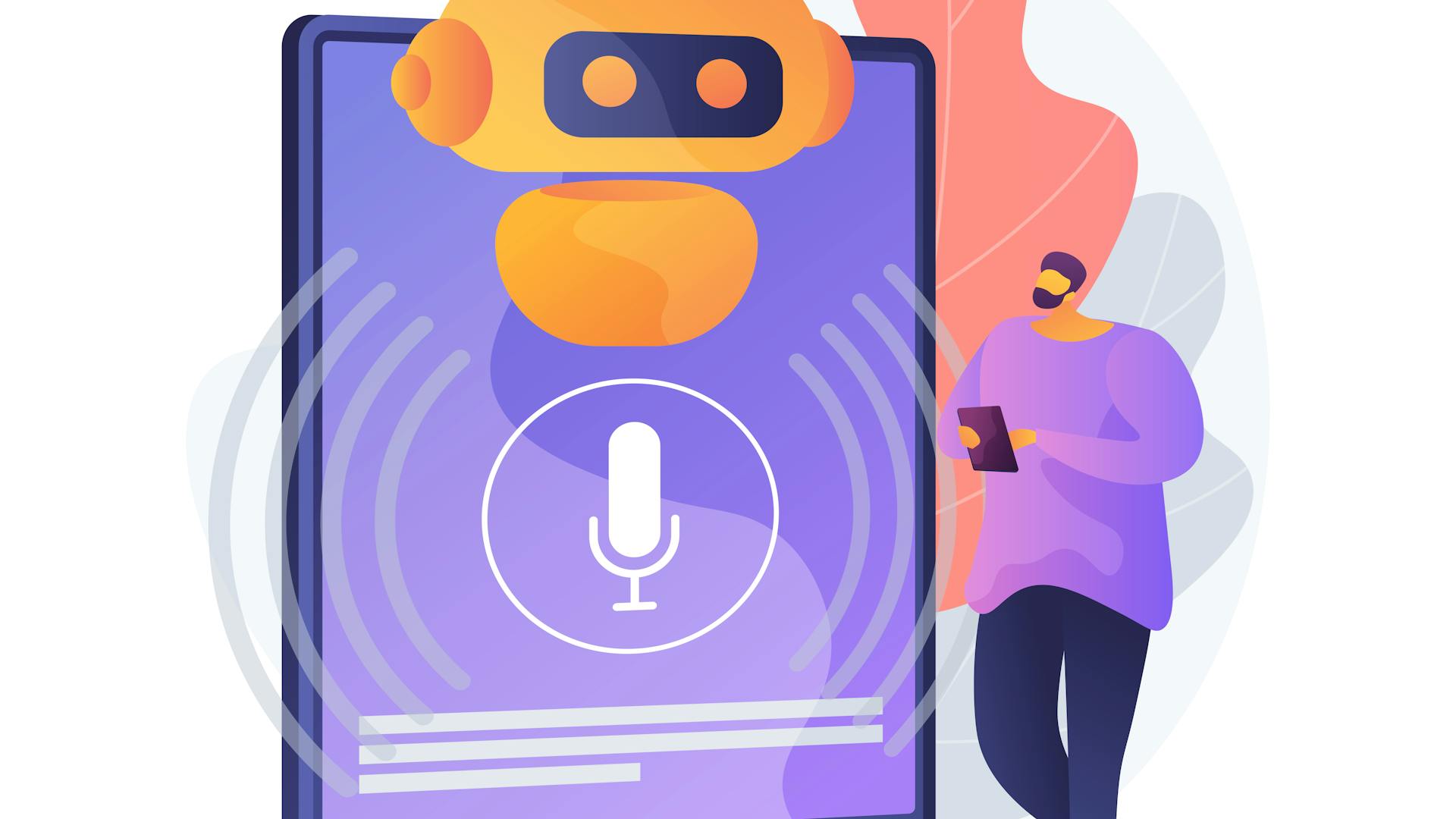
Automation is something businesses seek by all means possible. It can be integrated into various aspects of business operations and can help avoid repetitive and mundane tasks.
Dimensional Research suggests a whopping 72% of customers have experienced issues with poor customer service. However, you should understand that poor customer service results from many factors such as:
- Burnout. Offering 24/7 customer service is a great challenge for human agents. As a result, people in customer support often experience chronic stress and burnout due to work overload.
- Lack of right tools. Customers expect to have seamless communication with customer service departments. Businesses that don’t have the right tools to meet consumer needs will offer slow and frustrating support services.
- Poor service workflows. If customer service workflow does not correlate to the customer journey, it will lead to consumers abandoning a brand. About 76% of respondents indicate poor customer service forces them to look for a different business.
- On hold issue. Customers do not like to spend too much time on hold. If a person waits for customer service longer than they expect, it will make an individual look for better customer service elsewhere.
- Lack of customer view. Those that don't have omnichannel customer service likely won’t be able to compete with companies that do. This phenomenon allows us to take the best of new technologies coupled with communication tools.
- Poor after-sales support. Good customer support is one learning from past mistakes. Many companies fail because they do not have sufficient after-sales support.
- High operational costs. Maintaining the customer support department is a costly endeavor. Forbes indicates organizations spend about $350 billion on customer services collectively. High operating costs can be a major burden on your business.
When experiencing the abovementioned issues, companies often cannot provide good customer support services. Essentially, it leads to customer attrition, loss of brand loyalty, decreased sales, and subsequent revenue decline.
It is the moment when AI-based voice agents come to play. They serve as a remedy for the common issues mentioned before. Moreover, these tools bring advantages like scalability, business availability, shorter response time, lower agent burnout, and vastly better customer experience. While knowing the general customer support problems and the benefits a voice agent can bring, it is crucial to take a closer look at the instrument under investigation.
What are voice agents?
An AI-based voice agent is a part of the conversational AI phenomenon. It is a piece of software capable of simulating human-like voice-based interaction with users. In addition, the interaction is based on AI algorithms, which make the two-way interaction meaningful and almost indistinguishable from the human-human conversation.
Voice agents grant a myriad of services and can recognize numerous voice commands. Most notable instruments like Google Assistant, Alexa, Siri, and Cortana enable users to execute various tasks, from personal life management to saving a grocery list.
How do voice agents manage to provide all these services? Simply put, by being linked to these technologies:
- Automatic Speech Recognition (ASR). This technology converts human input into data a machine recognizes
- Natural Language Processing (NLP). NLP helps a voice agent to understand the context behind the user input.
- AI and Machine Learning (ML). A voice agent analyzes vast volumes of data to make sense of the input and offer a correlating output a human can understand.
- Noise filter. A user input often comes with ambient noise, and voice agents can filter all the background noises to get a clear message.
- Response assessment. A voice agent constructs a response a user will understand and learns from each given output to improve further interactions.
These tools make AI voice agents so effective. Without further ado, let's find out more about ten key advantages voice agents offer.
Benefits of using AI voice agents
Different AI-based voice agent instruments provide benefits recognizable from various perspectives. However, the following are the most notable upsides, the advantages creating both business and customer value.
Improve first call resolution
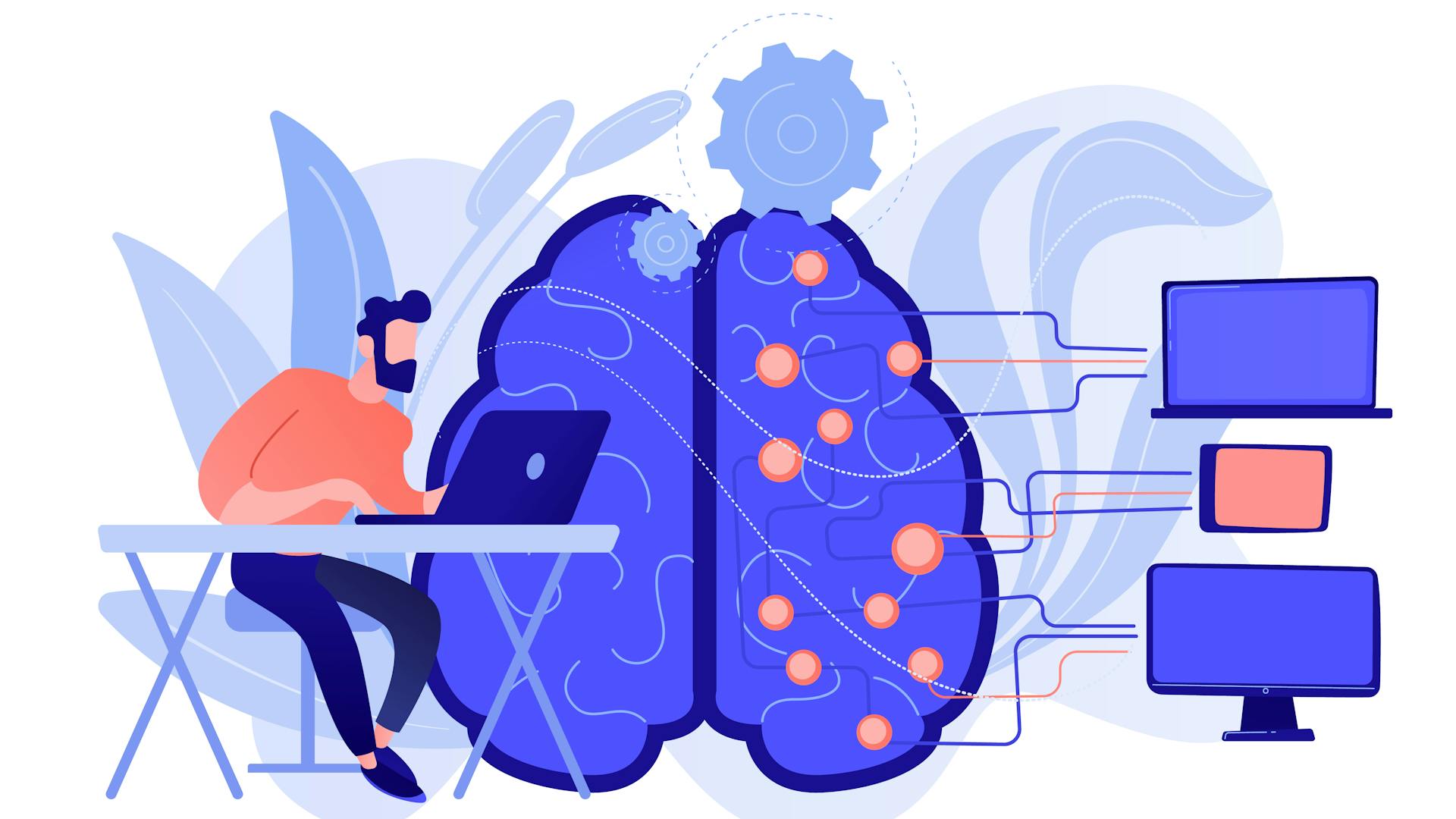
First Call Resolution (FCR) is one of the key variables determining customer service success. This factor is used to track performance because customers want their requests to be dealt with as quickly as possible.
AI voice agents improve FCR through automation, AI, and lack of communication barriers. It all leads to a reduction in customer retention and a boost in customer satisfaction.
Understand customer needs better
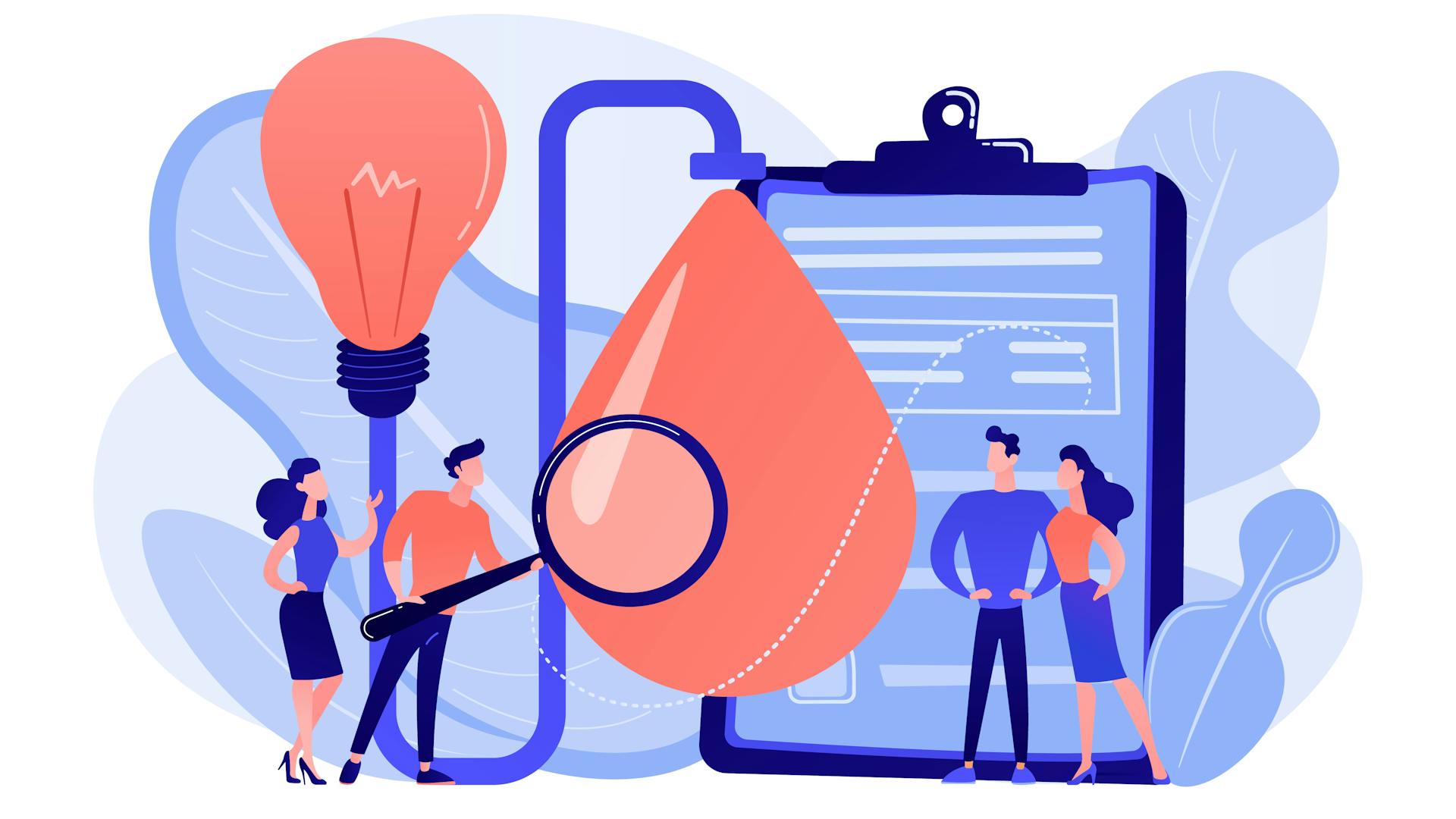
Personalization is a secret weapon upon voice agents' sleeves. AI-based technologies analyze massive volumes of customer data to better grasp what a customer needs. In addition, this technology grants an accurate consumer profile.
The aspects mentioned above allow voice agents to offer highly-personalized responses and services. Virtual agents can even access databases during the ongoing user interaction and offer customized real-time reactions.
Offer high-quality assistance in different languages

AI voice agents work with different languages. Multilingual customer support is vital for companies operating in various geographic regions and with customer pools with diverse cultural backgrounds. What is more, being able to offer interactions in multiple languages enables a business to deliver services to a larger audience.
Simply put, an AI voice bot is a multilingual communication tool helping your clients with a highly-personalized precision. Notably, it leads to better customer satisfaction and allows businesses to expand their outreach.
Provide 24/7 support
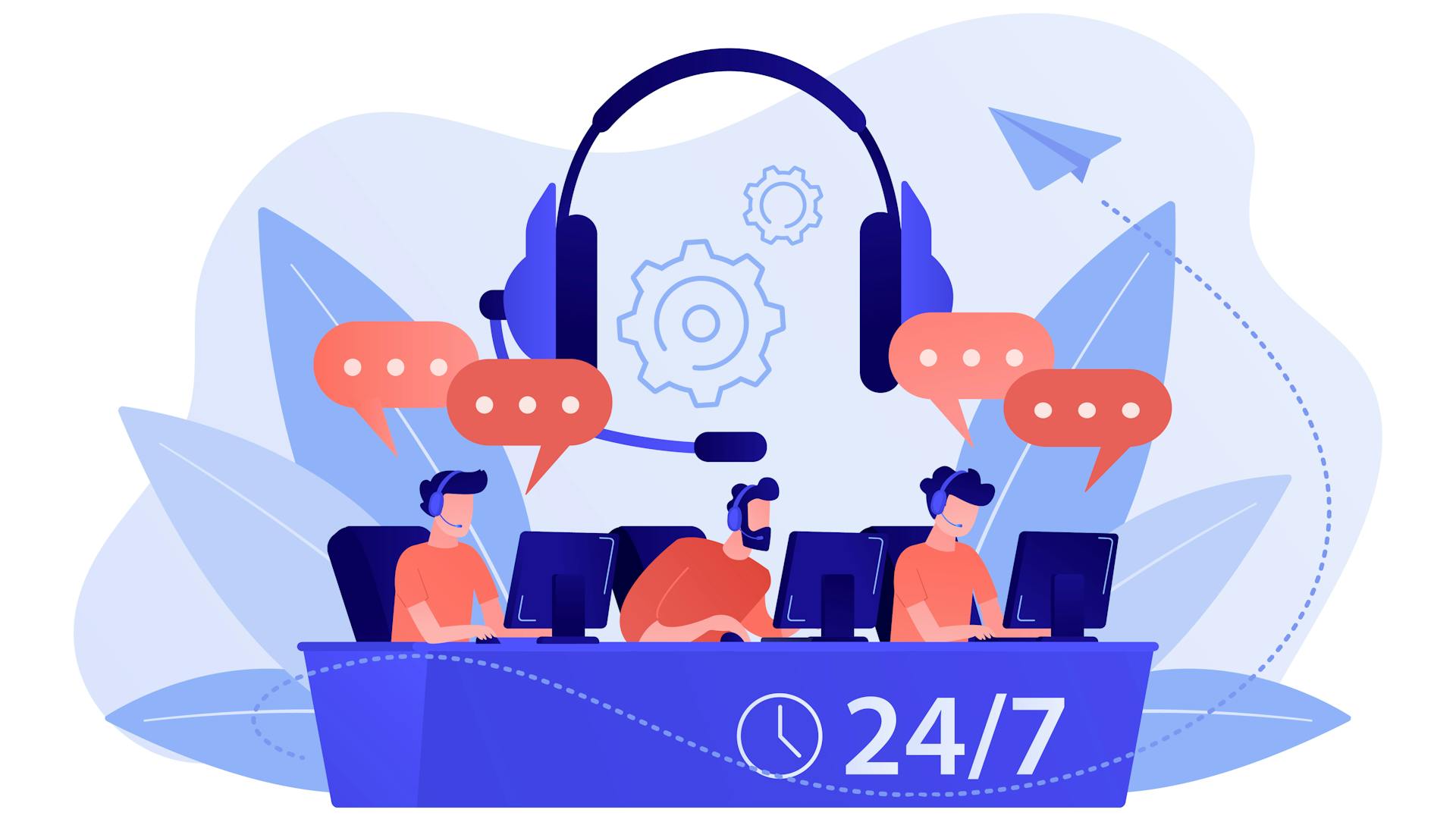
You should not expect customers calling during business hours only. A person might have some inquiry even in the middle of the night. At this point, 24/7 support is vital for high-quality assistance. Being available round-the-clock is what customers value and respect.
Increase customer satisfaction
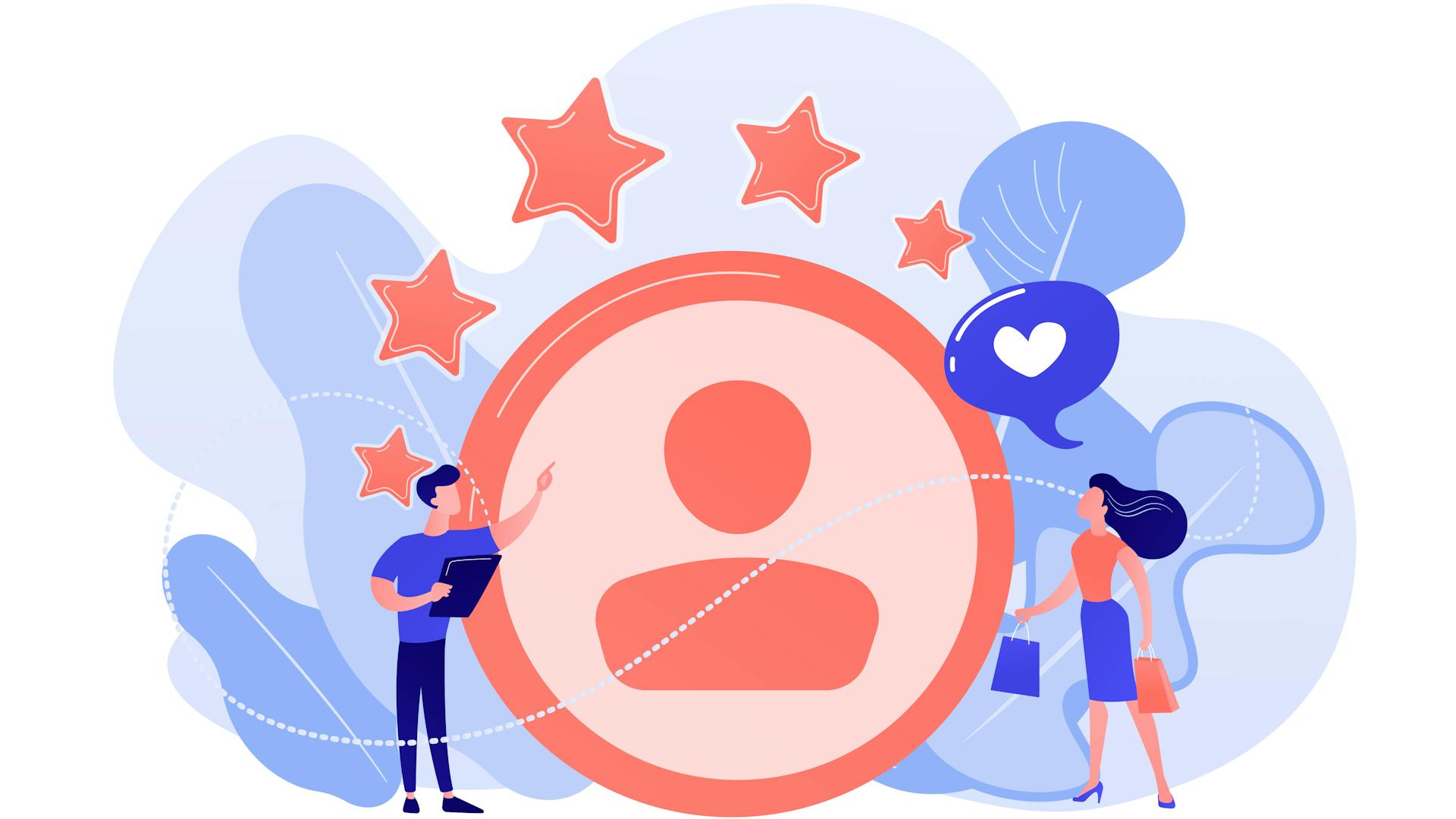
With customers becoming more tech-savvy, their expectations of customer services constantly evolve. Simply put, customers expect prompt responses and inquiry resolution in minutes when calling a customer support department. These factors lie at the core of customer satisfaction.
AI voice agents have made customer lives easier. They use the technology to resolve a customer support inquiry as well as to order a pizza. A personalized approach makes consumers feel acknowledged - something companies are willing to go a long distance to achieve.
Reduce operational costs

As mentioned before, maintaining a fully operational 24/7 customer support department is expensive. Yet, with call center automation, businesses get a chance to cut down operating costs drastically. Most AI voice agents cost a fraction of what a conventional customer department needs.
Besides, using AI voice agents cuts training costs as well. With AI constantly evolving, one can expect the technology to be even more affordable and efficient. Use voice agents to reduce operational costs and increase your ROI (ROI).
Collect and analyze customer data

Scholarly articles show the central role of AI in data collection and analysis. Their underlying technologies can accurately collect and process data in great detail. For instance, when offering customer support services, voice agents can tag conversations and deconstruct every word of voice to unlock the hidden insights within customer data.
Moreover, AI voice agents can even pick up verbal cues and translate them into an accurate output at a moment's notice. From a business perspective, companies use customer data to provide better services per se. Some later iterations of AI voice agents can even gather voice-based feedback.
Reduce agent burnout and relieve them from repetitive tasks

Forbes indicates AI is one of the major candidates to replace many repetitive tasks. Voice agents take most mundane tasks from live agents. It reduces work overload and decreases stress.
As a result, with AI voice agents up and running, live agents feel more comfortable and can focus on other meaningful tasks. Besides taking repetitive tasks from the hands of human agents, employees can take care of their work-life balance, which is a major factor in dealing with agent burnout.
Decrease chances of mistake
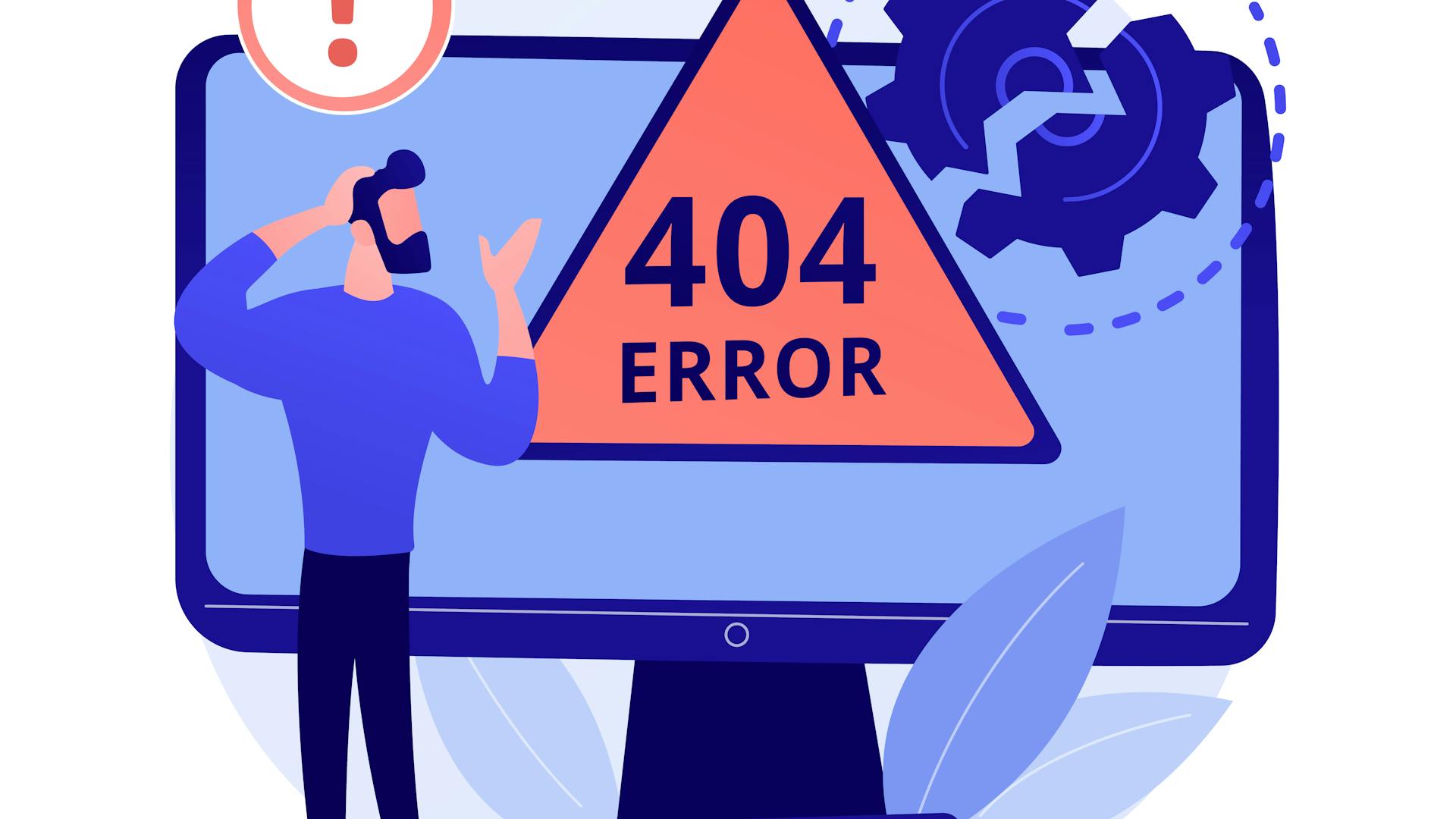
AI technology is the one still evolving. It means that there are risks and issues at play. However, even in the current condition, AI is the tool that eliminates human error. Machines follow strict protocols and algorithms. They do not feel fatigued or need work-life balance.
All these elements make their outputs almost error-free. Decreasing the chance of mistakes during customer interaction improves the user experience and ensures the inquiry is dealt with few frictions.
Increase the volume of inquiries

Human agents often deal with hundreds of the same call types daily. Such repetitive work greatly affects employees' willingness to be productive. Notably, repetition is one of the key factors contributing to employee attrition. In such a case, the more enthusiastic human agents have, the fewer inquiries they can deal with.
Best practices for using AI voice agents
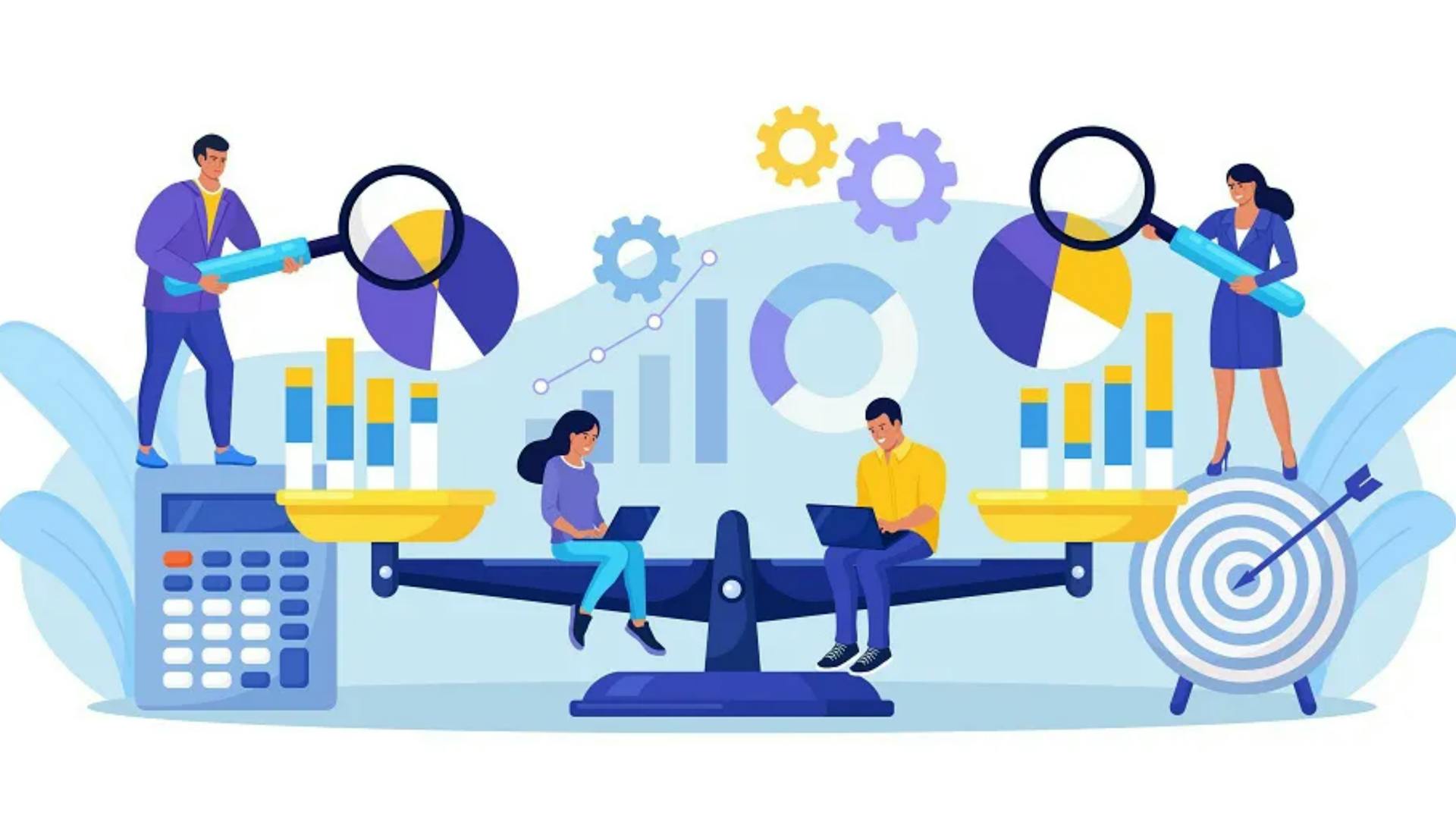
In a nutshell, any business that needs customer support service will benefit from AI voice agents in their arsenal. However, to get your hands on a voice agent, there are different available approaches. Let's explore them in detail.
A voice agent from scratch
Some businesses choose to build voice agents from scratch. To illustrate, Erika is an AI-based custom-made virtual financial assistant used by Bank of America. Undoubtedly, having a voice agent built from scratch speaks volumes about the company's dedication. However, there is a catch. More than a hundred experts were involved in making Erika, as well as it cost $30 million.
A third-party platform voice agent
Another starting point for a voice agent is to use the services of conversational platforms. These include Amazon Lex, IBM Watson and Google Dialogflow. Using the services mentioned above best fits companies that have in-house teams. However, instruments like Watson and Lex are still evolving and rarely interact with live customers.
Turn a chatbot into a voice agent
Many companies start with chatbots. They can be deployed through a website chat interface, are reasonable cost, and do not require too much maintenance. However, turning a chatbot into a voice agent can be a daunting task. Usually, experts add ASR for the input and NLP for the output. However, these solutions still depend on keywords. While the approach is effective with text, it is a different story with speech.
AI voice agent provider
One can say that the best starting point is to partner with a company specializing in voice agents. Platforms are offering both IVR and AI-based virtual assistants. Such an approach entails the lowest risk and grants the best results. You can work with professionals and companies that deliver high-quality service for a reasonable price.
Get started with an advanced AI voice agent

Specializing in conversational AI and voice assistants, we offer one of the most advanced AI voice agents today. What makes it so unique? Along with its customer service automation and call service automation, the vTalk.ai assistant incorporates a number of distinct features:
- Trainable neural network within the tool to make future interactions more natural and human-like
- Ability to handle both incoming and outgoing calls
- Integrated tool for building and setting up various scenarios along with intents
- An option to transfer calls to human operators
- A feature of sending SMS and emails based on the call results
- A built-in analytics system with dashboards for better performance review
- Call recordings with an option to convert speech into text
We understand the power of AI-based voice agents and make it certain you’ll also witness it through better customer experience and seamless customer support services.
vTalk Voice AI for Customer Service can boost your customer satisfaction.
Wrapping up
Voice agents stand at the forefront of AI technology. They show how machines can translate human input into something algorithms now understand and respond to in a human-like manner. It represents the future of customer service - no more waiting in line or human agents that do not know the answer to your inquiry.
Voice agents bring various benefits to the table. From faster FCR to elimination of error and lower operational costs. With tools offered by companies like vTalk.ai, you can take customer services to new heights. Without a doubt, AI-based voice technology has a bright future. And companies realize that the ones who employ it among the first will get the most competitive advantage.
Get your share of the competitive advantage and start the process right away!
FAQ
What are the benefits of a voice agent?
The range of benefits brought by a voice assistant include a better understanding of customer needs, boosted customer satisfaction, round-the-clock assistance, multilingual services, lower operational costs, and minimal chance of error.
How is AI used in voice agents?
In a voice, assistant AI helps to recognize human input and translate it into the data a machine or software can understand. Besides, AI ensures that massive volumes of data are analyzed to make sure an output makes sense to a human recipient.
How will AI benefit customers?
AI helps make customer services highly personalized. The technology analyzes customer data and builds a consumer profile. Companies use that information to offer products and services that meet your particular needs.
